
This event has passed.
3rd Sustainable Energy Day (SustainED)
Free
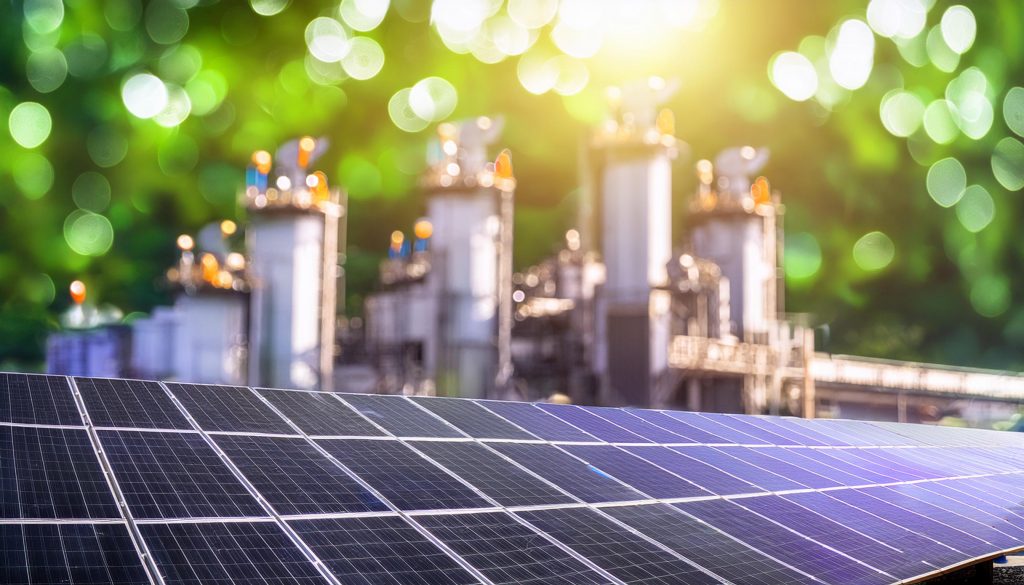
- What fuels do we need in which sectors to decarbonize?
- How to align future users, producers, and supply chains?
- What policies ensure that new fuels reduce emissions?
To discuss this with experts from research, policymaking, and the energy industry join us at the 3rd Sustainable Energy Day
“Fantastic Fuels and Where to ‘Fire’ Them:
The Future of Green Fuels”
organized by the Danish energy research network ENERforsk and CSEI – free of charge and open-for-all.
SustainED has the vision to connect research, policymakers, and industry. Participants will therefore be from all three domains and include students from CBS and DTU.
The conference will take place at the CBS campus (Råvarebygning Auditorium 20, Porcelænshaven 22, 2000 Frederiksberg). Coffee, tea, snacks, and lunch will be provided. All food served will be vegetarian. For any questions, please email us at enerforsk@cbs.dk.
SustainED is supported with funds from the Danish Ministry of Education and Research’s Pool for Innovation
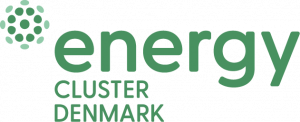
Program
| From 8.30 | Coffee, Tea, and Fruit |
| 09.00 – 09.15 | Welcome |
| Peter Møllgaard (President, CBS) & Jens Weibezahn (CSEI) | |
| 09.15 – 10.45 | Session 1: “Fantastic Fuels…” |
| |
| 10.45 – 11.00 | Vitamin Break |
| 11.00 – 11.45 | Keynote on Markets and Policy |
| KEFM (The Danish Ministry of Climate, Energy, and Utilities) | |
| 11.45 – 12.45 | Lunch & Discussion |
| 12.45 – 14.30 | Session 2: “… and where to ‘fire’ them” |
| |
| 14.30 – 15.00 | Panel Discussion |
| with the speakers moderated by Christine Brandstätt (CSEI) |
Speakers
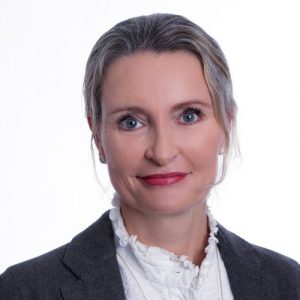
Lotte Rosenberg (CRI)
Lotte Rosenberg is Chief Executive Officer at Carbon Recycling International. Her focus is on strategic growth, development of international partnerships, and building up a global pipeline of green methanol projects especially in Europe and North America. She has extensive experience and a distinguished career within the energy industry, having held key positions such as Senior Vice President at Ørsted, Chief Commercial Officer at Nature Energy, and, most recently, Co-CEO at the start-up company WPU, specializing in the upcycling of plastic waste to oil.
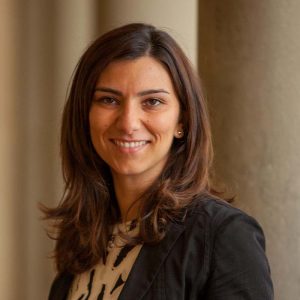
Ilaria Conti (FSR)
Ilaria Conti is the FSR Coordinator of Strategy and Development. Her main fields of expertise concern EU institutional relations and EU electricity and gas regulation. She spent about 9 years in Brussels, working for the the Permanent Representation of Italy at the EU, the United Nations and, from 2005 until 2013, for EFET, the “European Federation of Energy Traders” covering various positions within the association. Before joining FSR, she worked from 2013 until 2015 for ENOI S.P.A., where she covered the new role of Institutional and Regulatory Affairs Manager. Ilaria joined FSR in 2015 as Energy Policy Deputy and in 2017 she was appointed Head of the new FSR Gas area.
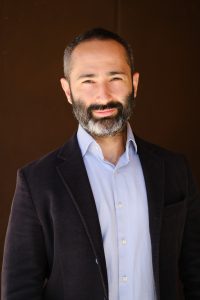
Raffaele Salvucci (JRC)
Raffaele holds a PhD in Energy System Analysis and Modelling, a MSc in Sustainable Energies from the Technical University of Denmark (DTU) and a BSc in Physics from the University of Florence (Italy). Since 2020, he serves as Energy Policy Analyst at the Joint Research Centre of the European Commission in Seville, Spain. His work and research interests focus on developing, maintaining and applying quantitative tools to support the policymaking process within the framework of the European decarbonisation strategy. Among his duties, as a modeller, Raffaele works on enhancing the representation of alternative sustainable fuels, covering aspects from supply to consumption and regulation, within the EU energy system model POTEnCIA (the Policy Oriented Tool for Energy and Climate Change Impact Assessment). As an analyst, he investigates the potential role of these fuels in achieving the EU’s decarbonisation objectives through comparative scenario analyses using the POTEnCIA model.
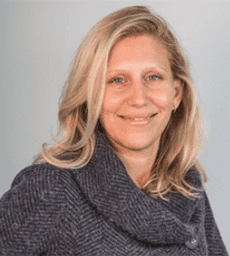
Florie Gonsolin (Cefic)
Florie Gonsolin joined Cefic in January 2017 as a Climate Change and Energy Manager and successively, as Director of Industrial Transformation. She coordinates Cefic’s participation into the EU Chemical Industry Transformation Pathway and manages ad-hoc projects on industrial transformation for the Cefic Board. Prior to joining Cefic, Florie worked for the transport fuels sector focusing on climate and energy policy. She also gained experience in the European Parliament, working for two MEPs.
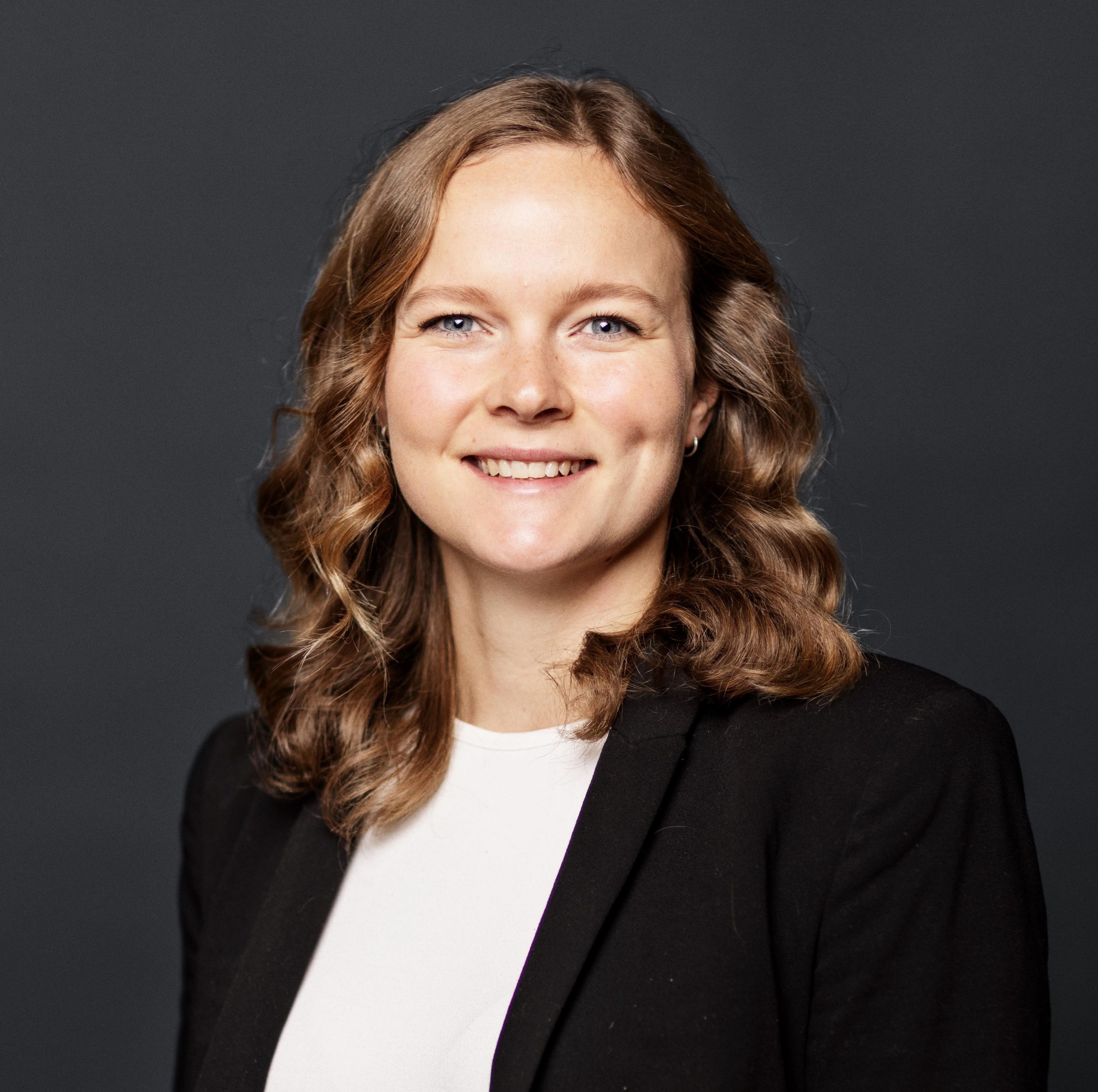
Julie Erch Petersen (Zero Carbon Shipping)
Julie Erch Petersen joined the Mærsk Mc-Kinney Møller Center for Zero Carbon Shipping as Transition Analyst in February 2023. The Center is a not-for-profit, independent research and development center looking to accelerate the transition towards a net-zero future for the maritime industry through cross-sector collaboration. Julie works on projects at the intersection of technology, operability, and policy where techno-economic analysis provides scenarios for the future development of maritime transition which highlights both challenges but also the solutions available to shipping today and in the future.
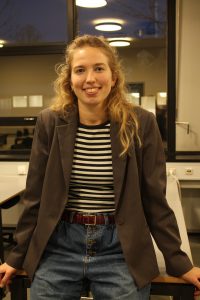
Cecilie Damgaard Jensen (DFDS)
Cecilie Damgaard Jensen started as an intern in DFDS investigating Life Cycle Assessment (LCA), maritime regulation and the GHG impact from ‘green fuels’. Today, she is a Decarbonisation Analyst, her emission gap analysis between regulations and DFDS’ current operation developed into a pathway planning tool for DFDS vessels. This allows DFDS to keep an overview of compliance required fuel volumes, “sustainability” criteria for fuel sourcing and additional efforts needed to comply with a carbon budget. All this plays into the long-term strategy of DFDS.
Copenhagen Business School (PHR)
Frederiksberg, 2000 Denmark
ENERforsk is a network to connect energy researchers in Denmark (and neighboring countries). ENERforsk is supported by Copenhagen School of Energy Infrastructure, DTU Management – Energy Economics and System Analysis, and DTU Wind – Society, Market and Policy and receives funding from Copenhagen Business School.
